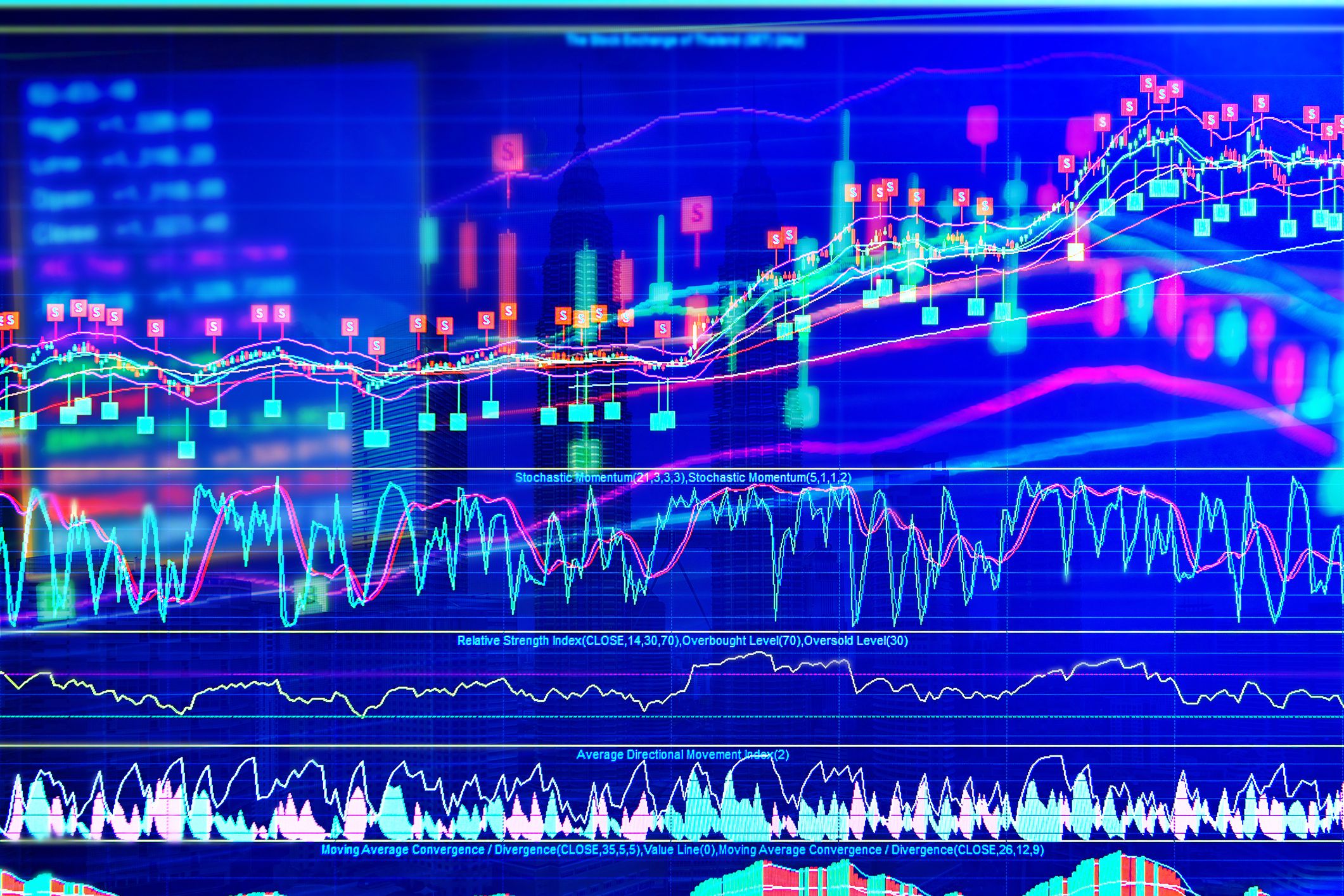Stocks fell, while safe havens such as government bonds and the dollar rose, as already anxious investors fled risk assets after Russian President Vladimir Putin on Wednesday ordered a partial mobilisation and accused the West of "nuclear blackmail".
European equity markets dropped sharply, with the benchmark euro zone STOXX 50E index (.STOXX50E) falling by 1% at one point to a two-month low, which in turn dented U.S. emini stock futures, which pared overnight gains to trade roughly unchanged on the day, suggesting a flat start on Wall Street later (.SPX).
European currencies came under fire, with the euro dropping 0.56% to $0.9913 and sterling last down 0.31% at $1.1345, after having touched a new 37-year low at $1.1304.
The dollar index , which measures the currency against six major peers, rallied 0.41% to 110.62, just below a fresh two-decade high of 110.87.
With the U.S. Federal Reserve due to deliver another aggressive rate hike later in the day, in a week packed with major central bank decisions, key market measures of volatility neared multi-week highs. (.VIX), (.V2TX)
"Obviously we have a situations where investors flock to safe havens and we've also got the anticipation that we are going to see another rate hike from the Federal Reserve today," Danni Hewson, a financial analyst at AJ Bell said.
"So the dollar was already looking quite punchy and clearly just the proximity to Ukraine of countries in Europe does make people consider what the situation might look like if the war in Ukraine becomes something bigger. So it's a double edged sword, which is impacting the euro, sterling and the dollar in different ways."
Putin said he had signed a decree on partial mobilisation beginning on Wednesday, saying he was defending Russian territories and that the West wanted to destroy the country.
"If the territorial integrity of our country is threatened, we will use all available means to protect our people - this is not a bluff," Putin said in a televised address to the nation, adding Russia had "lots of weapons to reply".
"It’s the fact that he’s decided to dust off the nuclear card that obviously hasn’t gone down well, and the euro has really been feeling the effects of that as well," Michael Hewson, chief markets strategist at CMC Markets in London, said.
Equities were already under pressure given the jitters around the Fed's upcoming policy decision at which it is widely expected to lift rates by three quarters of a point.
The MSCI All-World index of global shares dropped 0.4% to skim two-month lows, while gold, another traditional safe-haven, gained 0.5% to trade around $1,667.40 an ounce, set for its largest one-day rally in over a week .
In Asia overnight, Japan's Nikkei (.N225) fell 1.36% and touched a two-week low, while Chinese blue chips (.CSI300) declined 0.71%, and Hong Kong's Hang Seng (.HSI) lost 1.48%.
The Fed headlines a week in which more than a dozen central banks announce policy decisions, including the Bank of Japan and Bank of England on Thursday.
Sweden's Riksbank surprised markets overnight with a full percentage-point hike, and warned of more to come over the next six months. read more
As traders and investors have ratcheted up their expectations for central banks to raise interest rates to quell persistent inflation, global bond yields have soared in recent months.











